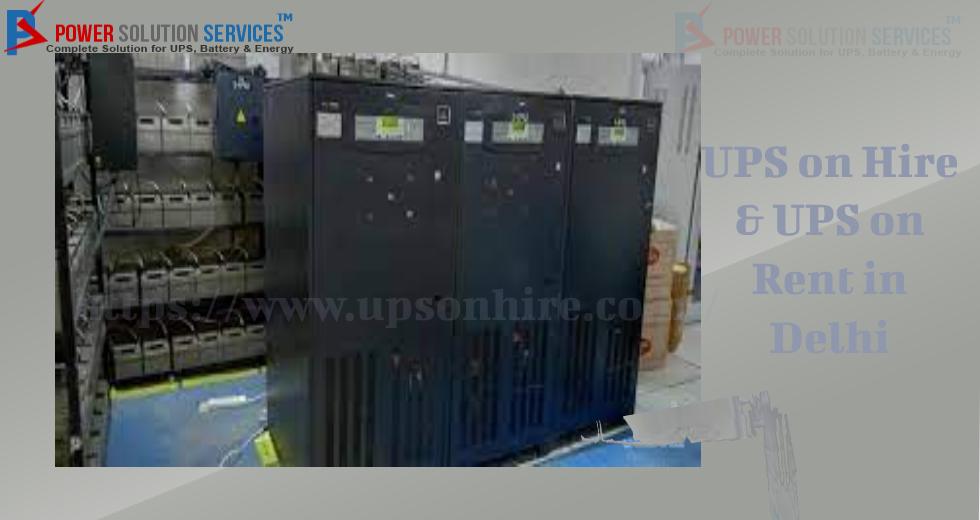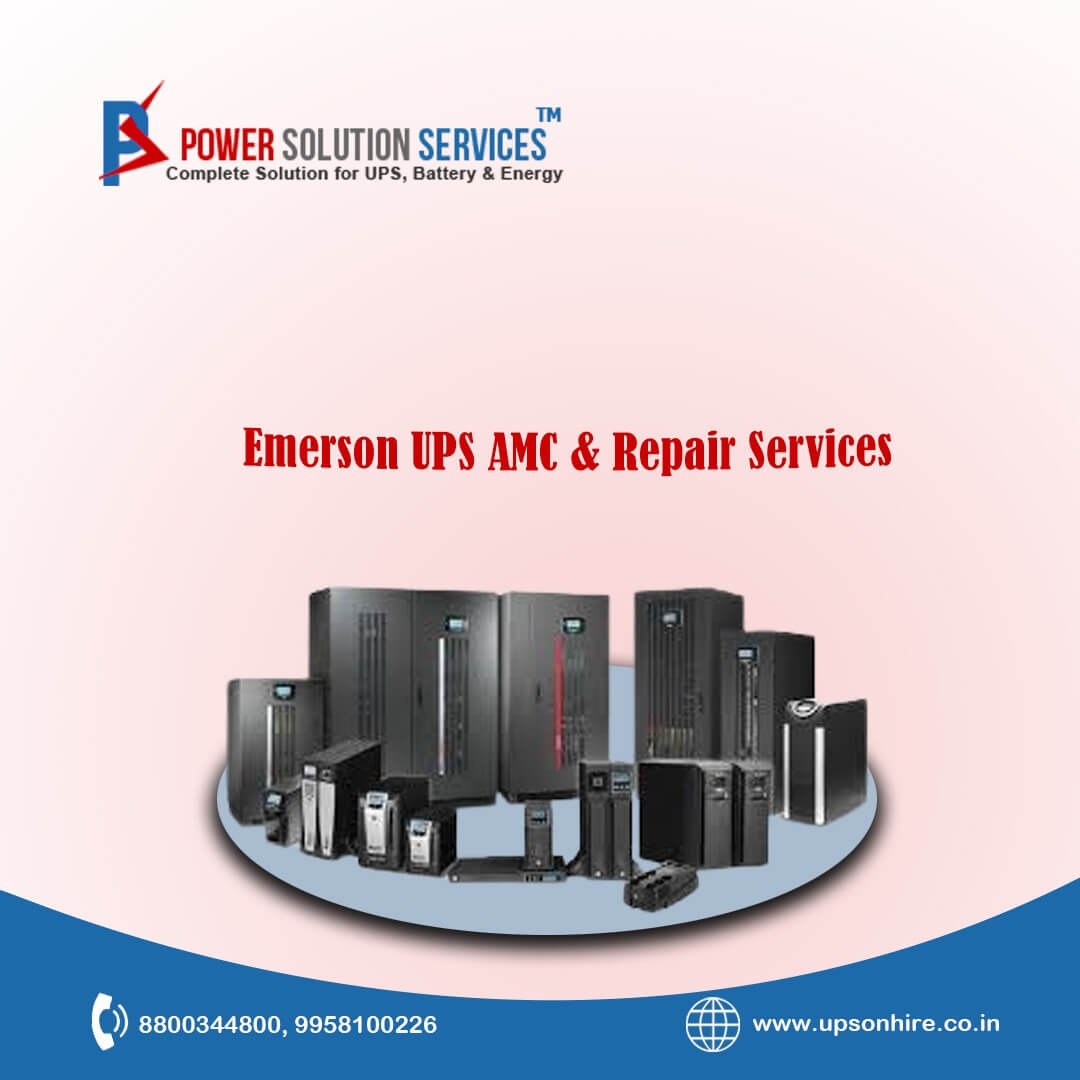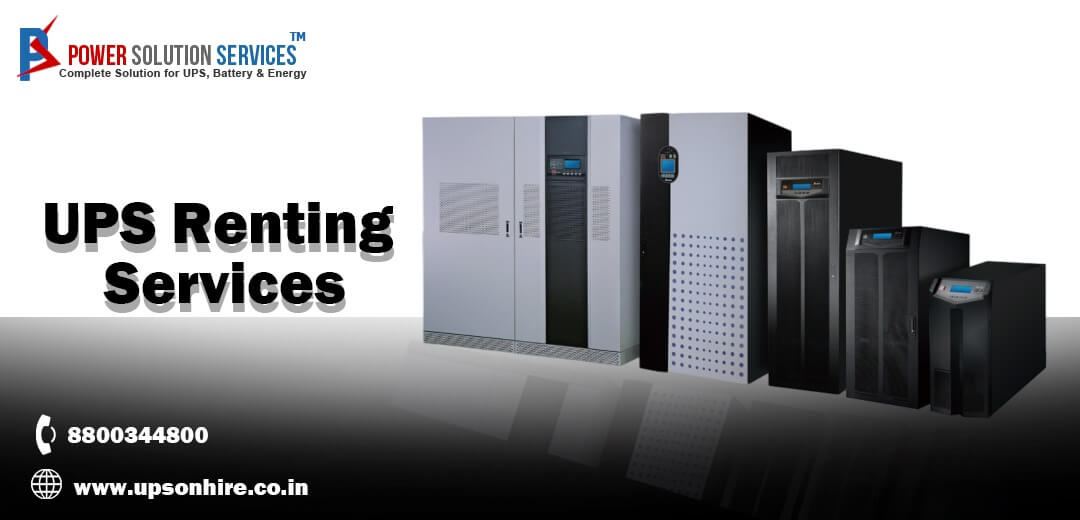About Us
“Power Solution Services” founded by Mr. Sanjeev Kumar Garg in 2001 at Vadodra (Gujarat), then did set up in Noida in 2004, is one of the Top AMC service provider for online UPS of Emerson/TATA Liebert & other branded make UPS Systems.
Learn MoreContact Info
- A-48, BLOCK-A, SEC-53, NOIDA 201301 (U.P.)
- +91-9315572838
-
marketing@powersolutionservices.co.in
service@powersolutionservices.co.in
admin@powersolutionservices.co.in
- by Power Solution Services
- Nov 22, 2024
Basic vs. Advanced Network Power Switches: What's the Difference?

Do you ever think about how businesses operate their networks effectively without any downtime? The answer is embedded in one of the key elements: the network power switch. At first glance, this equipment can be seen as an unimportant device in the establishment as it caters to voltages that openly power the network, but in reality, it is an essential component of the device which keeps the firm running. However, these network resources are not necessarily switches. Quite literally, there are basic models of network power switches and advanced ones. This blog will provide the information you will need to be able to choose the one that best meets your requirements.
What is a Network Power Switch?
A network power switch is a tool used to provide power to networking gadgets like routers, servers, and hubs. A network power switch can be imagined as a power strip that has been modified to cater only to networking devices. As opposed to standard power sources, network power switches permit end-users to remotely cut off power to their devices. This makes sure that devices are not needlessly powered up and helps save electricity.
Basic Network Power Switches: Simplicity Meets Functionality
Basic network power switches are intended for users who wish to use a switch without any complexity. Such switches usually include the following features:
Simple On/Off Functionality: Basic switches allow users to manually turn the power on or off for individual devices connected to the switch.
No Remote Management: Unlike advanced models, basic switches cannot be controlled or monitored remotely.
Low Cost: Basic switches are cost-effective, making them ideal for small businesses or home office setups that don’t require advanced features.
These switches are ideal for small networks with low requirements. For example, a home office or a small business does not instil the need to have a switch that performs complex functions. In place of these complex devices, there are less complex switches available that would serve to be a power switching need without the unnecessary frills.
Also Read: 8 Reasons to Choose Amaron Quanta Over Other Brands
Advanced Network Power Switches: High-Tech for Complex Networks
Advanced network power switches, on the other hand, come with a variety of features built to suit the expectations of bigger and more elaborate network structures. Among them are some key common features.
Remote Management: These switches allow network administrators to control power remotely through a web interface or software application. This is ideal for businesses with multiple devices spread across various locations.
Energy Efficiency and Power Monitoring: Advanced switches offer energy-saving features such as automatic shutdowns during off-peak hours and real-time monitoring of power usage. This can help reduce overall energy costs.
Automated Power Distribution: These switches can automatically distribute power to devices based on pre-set criteria, ensuring that power is managed efficiently at all times.
Enhanced Security: energy efficiency features such as energy-efficient automatic switch-off at non-peak times and use-based power tracking have been incorporated into advanced switches. This can allow savings on energy bills.
Such switches are highly used among data centres, large corporations and indeed many businesses with complex networking requirements. If your network needs power monitoring, and management from a distance or has to conserve energy while being actively engaged, such an advanced network power switch would be an appropriate option to deploy.
Key Differences Between Basic and Advanced Network Power Switches
Let's briefly review how these power switches differ in their abilities: Basic Vs. advanced.
Functionality: Basic switches offer simple on/off control, while advanced switches allow for remote management and automation of power distribution.
Energy Efficiency: Advanced switches usually come with power monitoring and energy-saving features that basic switches lack.
Security: Advanced switches offer greater security with features like encryption and user authentication, which are absent in basic models.
Which One Do You Need?
The choice between basic and advanced network power switches depends on the scale and the intricacy of the network that an administrator is responsible for.
For Small Networks: If you run a small office or home network, a basic switch will likely meet your needs. It's budget-friendly and easy to use, providing reliable power to your devices without the need for extra features.
For Larger Networks: On the other hand, if you manage a large business, data centre, or any other setup requiring remote management and energy efficiency, an advanced switch is the better option. The added features will help you monitor and control your network power more effectively.
Moreover, if you're on a tight budget and still looking for quality, you may want to buy a refurbished network power switch. Such equipment is generally well-tested and certified to perform effectively like new devices, making it easier on the budget in terms of buying new switches.
Choosing the Right Switch for Your Needs
In summary, the selection of a basic or an advanced network power switch depends on the size and complexity of your network. In basic networks that require easy and automatic control of the power switches, basic switches would suffice. Advanced switches, on the other hand, are designed for complex and large networks that require remote management, energy-efficient and enhanced security features.
However, whatever may be the case, it is essential to evaluate the needs of the networks so that the most suitable switch may be availed for the job. With the correct network power switch, a user can avert the chances of the network being powerless when the user needs it the most as it will be connected.
Related Post
Popular Post
 20 Aug 2022
20 Aug 2022
UPS on Hire & UPS on Rent in Delhi, NCR - Powering Your Business with Flexibility and Reliability
In today's fast-paced business environment, uninterrupted power supply is crucial to keep operations...
Read More 20 Aug 2022
20 Aug 2022
Unlocking the Power of UPS Renting Services: The Secret Ingredient in Delhi NCR
In a dynamic market like Delhi NCR, efficient logistics can make or break a business. UPS's renting ...
Read More 20 Aug 2022
20 Aug 2022
How to Use Emerson UPS AMC & Repair Services To Desire
When it comes to ensuring the reliability of your critical power infrastructure, Emerson UPS (Uninte...
Read More


